On December 3rd we have a guest speaker: Andreas Deutsch from TU Dresden will talk about The mathematics of brain tumour invasion and progression.
Date: Tuesday, December 3rd
Time: 3 p.m.
Venue: IRI Life Sciences, Humboldt-Universität zu Berlin,
Philippstr. 13, Michaelis Building (No 18),
Maud Menten Hall (3rd Floor)
https://goo.gl/maps/9LUWXKXj6pv
Abstract:
The mathematics of brain tumour invasion and progression
Andreas Deutsch
TU Dresden, Centre for Information Services and High Performance Computing, Dresden, Germany
Tumour invasion and progression may be viewed as collective phenomena emerging from the interplay of individual biological cells with their environment. Cell-based mathematical models as cellular automata, Moran processes, and Markov chains can be used to decipher the rules of interaction. In such models cells are regarded as separate units.
Here, we focus on the dynamics of glioma, which are among the most malignant brain tumours. We introduce lattice-gas cellular automaton models to analyse glioma invasion, define spatial and non-spatial Moran processes based on tumour-specific progression patterns to shed light on the size of the tumour originating niche, and adopt Markov chain models to investigate the origin of heterogeneity in glioblastoma.
References:
1. A. Deutsch, S. Dormann: Cellular automaton modeling of biological pattern formation: characterization, applications, and analysis. Birkhauser, Boston, 2018
2. T. Buder, A. Deutsch, B. Klink, A. Voss-Böhme: Patterns of tumor progression predict small and tissue-specific tumor-originating niches. Front. Oncol., 8, 668, 2019
3. A. Dirkse, A. Golebiewska, T. Buder,..., R. Bjerkvig, A. Deutsch, A. Voss-Böhme, S. P. Niclou: Stem cell-associated heterogeneity in Glioblastoma results from intrinsic tumor plasticity shaped by the microenvironment. Nature Commun., 10, 1 1787, 2019

